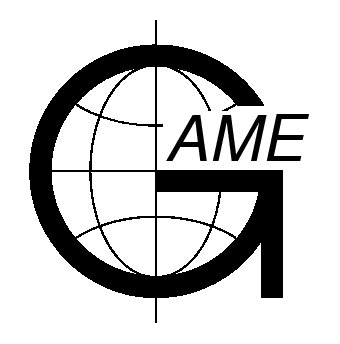Abstracts for the 5th International GAME Conf.

3-5 October 2001
Aichi Trade Center
Nagoya Japan
A study of atmospheric radiation budget in Asia
Miho Sekiguchi (1), Teruyuki Nakajima (1), Kentarou Suzuki (1), Kazuaki Kawamoto (4), Akiko Higurashi (5)
(1) Center for Climate System Research, University of Tokyo
(4) NASA Langley Research Center,Hampton,Virginia.
(5) National Institute for Environmental Studies
1. Introduction
Aerosols can act as cloud condensation nuclei (CCN) to change the cloud optical properties, and hence cause a change in the cloud radiative forcing. The forcing of the indirect effect has not been well accessed and the estimate ranges from 0 to -2 W/m2.
In this study, we calculate the indirect radiative forcing using the regression coefficients between aerosol and cloud microphysical parameter.
2. Model and data description
We use a radiation code "mstrn8" for calculation which is used by CCSR/NIES AGCM(Nakajima et al.,2000). In global calculation, we use cloud microphysics distribution from AVHRR (Kawamoto et al., 2001), and aerosol distribution from AVHRR (Higurashi et al., 2000).
3. Result and Discussion
We further calculated the radiative forcing of the aerosol indirect effect assuming the statistics obtained by Nakajima et al. (2001) which proposed negative correlation between the low level cloud effective radius and column aerosol particle number Na; positive correlation between cloud optical thickness and Na. We have made correlation statistics for each grid of globe and calculated the resulted radiative forcing due to 15% change of column aerosol number. This aerosol number change corresponds to the contribution of the anthropogenic aerosol number to the total aerosol (Charlson et al.,1992). We find that strong cooling regions appear over the ocean. This phenomenon can be explained by the idea of "cloud susceptibility" that cloud is influenced more significantly in clean environments than in polluted ones. We obtained the global mean value of -0.95W/m2 when we assume the cloud properties changed all over the globe. We performed similar estimation assuming the change occurred only in turbid region. In this case we have -0.39 W/m2 as the global mean value.
Submittal Information
| Name : | Date : |
| |
| Organization : | Theme : |
Center for Climate System Research, University of Tokyo | |
| Address : | Presentation : |
4-6-1 Komaba, Meguro-ku, Tokyo 153-8904 | |
| Country : | Abstract ID : |
| |
| Phone : | Fax : |
| |
| E-mail : | |
| |

